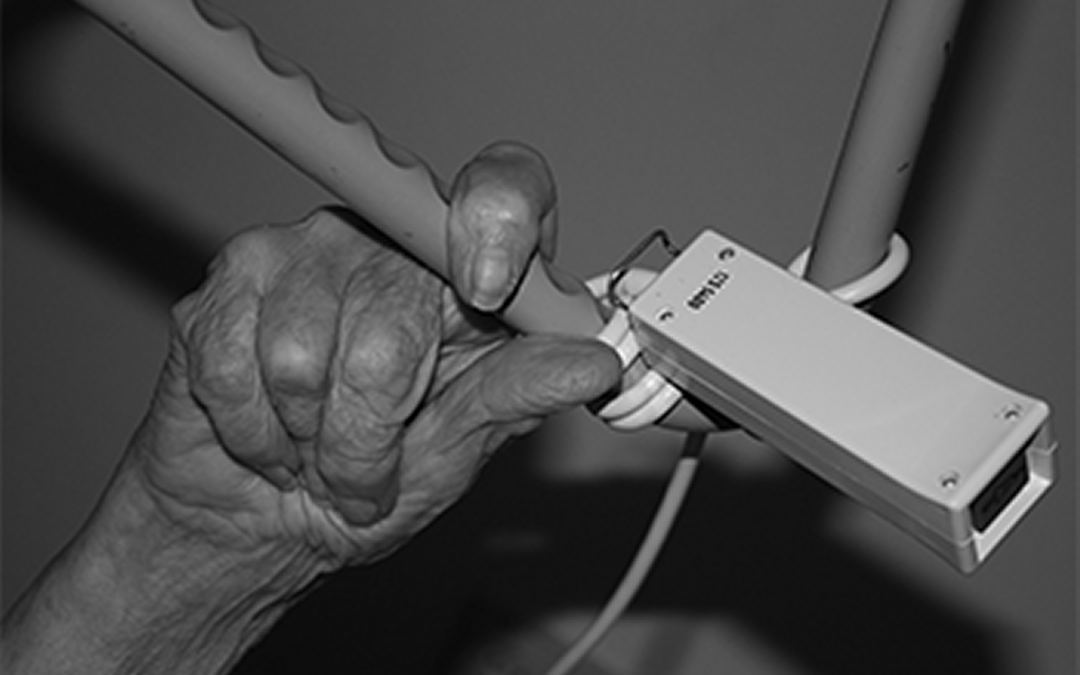In a scathing report released in early November, Democrat members of the Senate Committee on Finance criticized the preparations for and the responses to a pair of 2017 hurricanes.
The report, “Sheltering in Danger,” examined the impact of Hurricanes Harvey and Irma on nursing homes and assisted living facilities. It found poor emergency planning and responses on the part of nursing home operators and the federal government.
“Many nursing homes and assisted living facilities chose to shelter-in-place when hurricanes Harvey and Irma struck Texas and Florida, respectively, late in the summer of 2017,” the report stated. “While most of these facilities weathered the storms without incident, the exceptions were glaring and tragic.”
Nursing home deaths ruled homicides
The report noted that at one Florida nursing home, the deaths of 12 residents were ruled homicides by the county medical examiner. They died due to complications from heat exposure after the facility lost air conditioning. Meanwhile, two Texas nursing homes were cited with 50 violations of state and federal standards.
“Instead of sheltering in safety,” the report continued, “residents found themselves sheltering in danger.”
The report said that hurricanes weren’t the only sources of concern for healthcare facilities moving forward.
“While this report focuses on the dangers presented by hurricanes, the findings and recommendations can be applied to other natural disasters,” the report said. “The bottom line is that families should have confidence that their loved ones will be safe in nursing homes, assisted care facilities and other long-term-care settings, no matter what emergency a facility faces.”
Seniors remain at risk
“This is a failure of responsible governing from top to bottom. Federal rules must be more robust and clear, while communication and planning among state and local officials and nursing homes must be dramatically improved,” Sen. Ron Wyden of Oregon said in a statement. “Until changes are made, seniors in America’s nursing homes will continue to be at risk when disaster strikes.”
The hurricanes hit before the Centers for Medicare & Medicaid Services (CMS) introduced its Emergency Preparedness Rule in November 2017, which the committee found insufficient.
“Despite recent changes by CMS to improve emergency preparedness, these events during Hurricanes Harvey and Irma raise major concerns about whether the recently updated LTC (long-term care facility) requirements and existing guidance adequately prepare care facilities to make these critical decisions and to successfully implement them,” the report said in its conclusion.
Preparing for the worst
The Senate report illustrated that much more must be done to ensure that healthcare facilities are better prepared for and able to respond to disasters – natural and man-made. For more on business continuity trends and CMS emergency preparedness compliance, visit readinessassociates.com or call toll free (866) 810-0077. Readiness Associates is a proud strategic partner of CIHQ.

